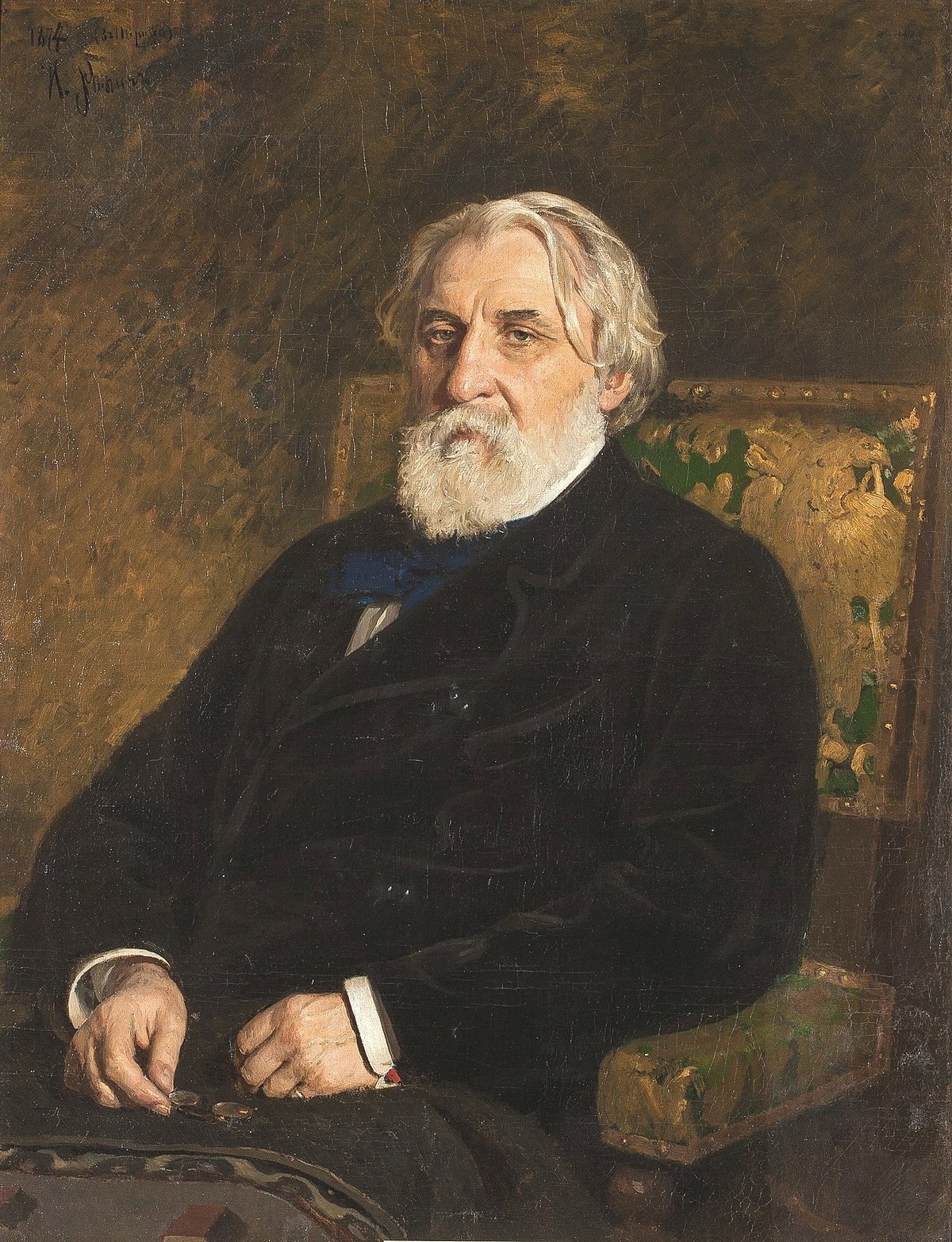Near a large town, along the broad highroad walked an old sick man.
He tottered as he went; his old wasted legs, halting, dragging, stumbling, moved painfully and feebly, as though they did not belong to him; his clothes hung in rags about him; his uncovered head drooped on his breast.... He was utterly worn-out.
He sat down on a stone by the wayside, bent forward, leant his elbows on his knees, hid his face in his hands; and through the knotted fingers the tears dropped down on to the grey, dry dust.
He remembered....
Remembered how he too had been strong and rich, and how he had wasted his health, and had lavished his riches upon others, friends and enemies....
And here, he had not now a crust of bread; and all had forsaken him, friends even before foes.... Must he sink to begging alms? There was bitterness in his heart, and shame.
The tears still dropped and dropped, spotting the grey dust.
Suddenly he heard some one call him by his name; he lifted his weary head, and saw standing before him a stranger.
A face calm and grave, but not stern; eyes not beaming, but clear; a look penetrating, but not unkind.
'Thou hast given away all thy riches,' said a tranquil voice.... 'But thou dost not regret having done good, surely?'
'I regret it not,' answered the old man with a sigh; 'but here I am dying now.'
'And had there been no beggars who held out their hands to thee,' the stranger went on, 'thou wouldst have had none on whom to prove thy goodness; thou couldst not have done thy good works.'
The old man answered nothing, and pondered.
'So be thou also now not proud, poor man,' the stranger began again. 'Go thou, hold out thy hand; do thou too give to other good men a chance to prove in deeds that they are good.'
The old man started, raised his eyes ... but already the stranger had vanished, and in the distance a man came into sight walking along the road.
The old man went up to him, and held out his hand. This man turned away with a surly face, and gave him nothing.
But after him another passed, and he gave the old man some trifling alms.
And the old man bought himself bread with the coppers given him, and sweet to him seemed the morsel gained by begging, and there was no shame in his heart, but the contrary: peace and joy came as a blessing upon him.
May 1878.
Alms
Ivan Sergeyevich Turgenev
Suggested Poems
Explore a curated selection of verses that share themes, styles, and emotional resonance with the poem you've just read.
